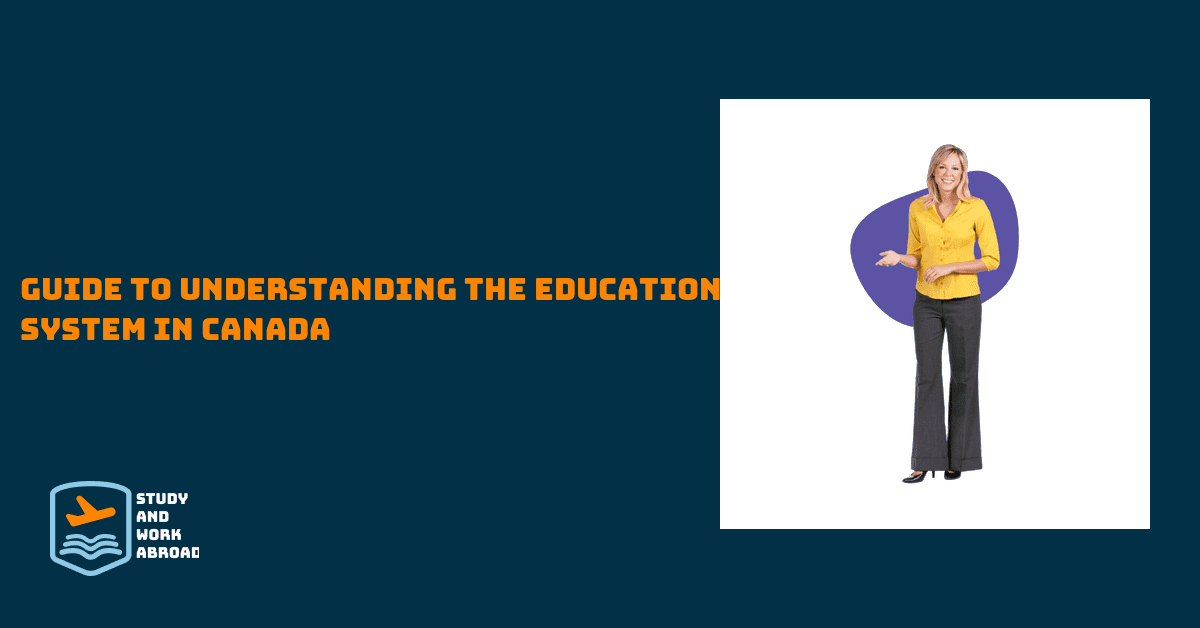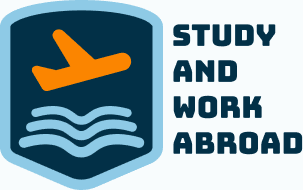Call Us:+91-9920234749, +91-9833420909 info@studyandworkabroad.in

The Education System in Canada is known for its high standards and excellent universities, which attract many international students. It is also known for its emphasis on critical thinking, creativity, and problem-solving. The Canadian education system is constantly evolving and adapting to meet its students’ needs and prepare them for the future.
In addition to the traditional education system, Canada offers alternative options such as homeschooling, distance education, and online learning. These options provide flexibility and choice for families and students with unique needs and learning styles.
Regarding funding, primary and secondary education is free for residents of the country. However, post-secondary education can be expensive, and students may have to pay tuition fees.
The Education System in Canada is publicly funded and managed by individual provinces and territories. The education system is categorized into primary, secondary, and post-secondary.
Primary education-
Primary education, also known as elementary school, typically begins at 5 or 6 and lasts 6 to 8 years. Students are taught the basic skills of reading, writing, and mathematics, as well as other subjects such as science, social studies, and physical education.
The provinces and territories set the curriculum and educational policies, which may vary slightly between regions. Education is considered a fundamental right and is necessary for children between the ages of 6 and 16.
Secondary education-
Secondary education, also known as high school, usually begins at 12 or 13 and lasts 3 to 5 years. Students have a more comprehensive range of subjects, including mathematics, science, history, languages, and the arts.
High school students also have the opportunity to take vocational courses and specialize in specific areas of interest. Graduation from high school is a requirement for post-secondary education.
Post-secondary education-
Post-secondary education in Canada includes vocational schools, colleges, and universities. Vocational schools offer specialized training in specific trades and are often focused on hands-on training, while colleges and universities offer more academic and theoretical programs.
The Canadian education system is known for its high standards and excellent universities, which attract many international students. Some of the top universities in Canada include the University of Toronto, the University of British Columbia, McGill University, and the University of Canada west.
How can we help you?
Study and Work Abroad AVF is a professional consultant who helps students navigate the process of applying to and attending universities or colleges in overseas countries including Canada. We guide and support students in school selection, application preparation, visa application, and pre-departure orientation. We also help students with information about the country, culture, and education system of the country they intend to study in.
Study and Work Abroad AVF is an expert in the field and has in-depth knowledge of the education systems of Canada and the requirements and procedures for applying to educational institutions in Canada. We can also provide information and assistance about scholarships, financial aid, and other funding opportunities for students who wish to study abroad.
Study and Work Abroad AVF provides students with financial assistance through student loans, grants, and scholarships to achieve their dream of studying abroad without facing any financial hurdles.
Conclusion-
Overall, the Canadian education system is well-regarded and provides opportunities for students to excel academically and prepare for future careers. It is a diverse and inclusive system that values the importance of education for all individuals. Study and Work Abroad AVF aims to provide a quality overseas education consulting that prepares students for the future, academically and socially, regardless of their background or circumstances.

